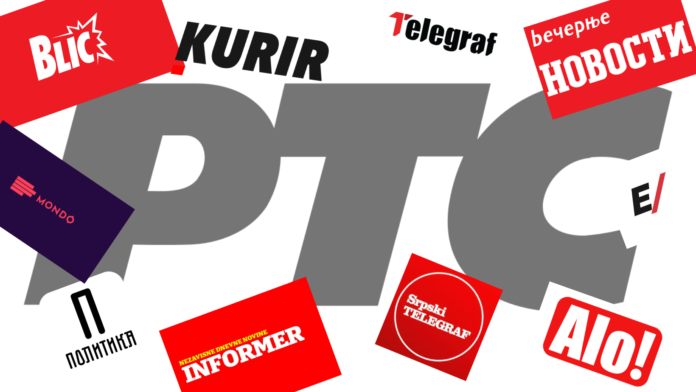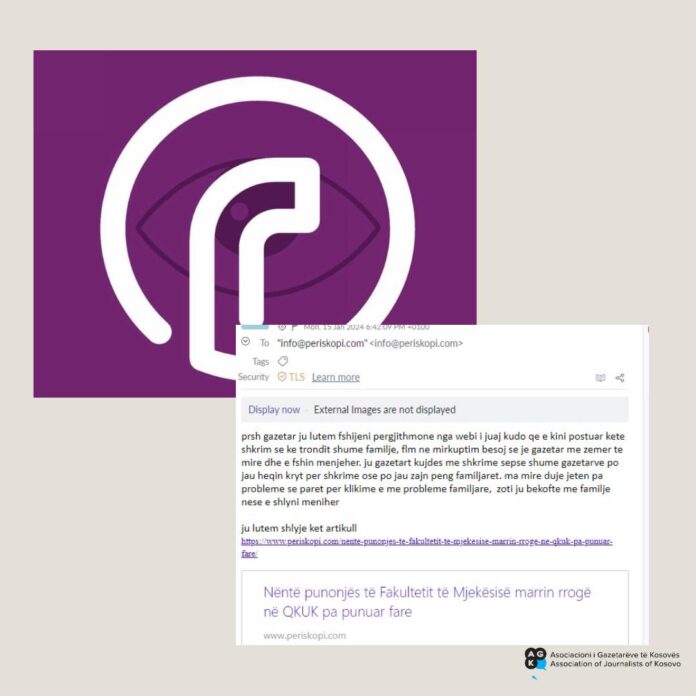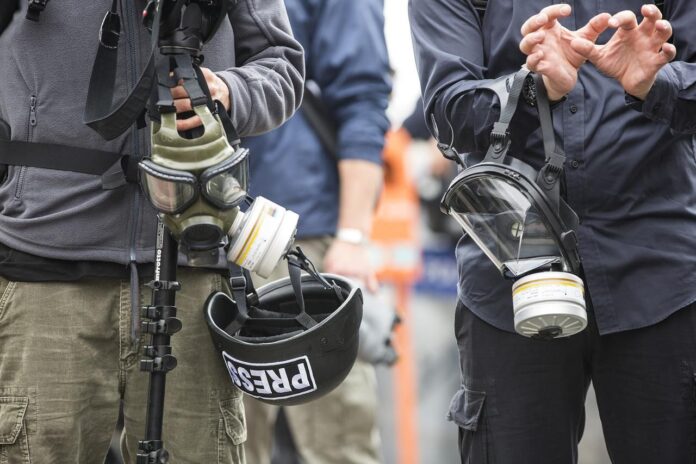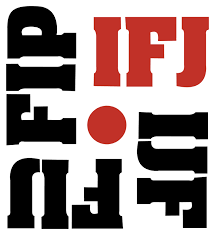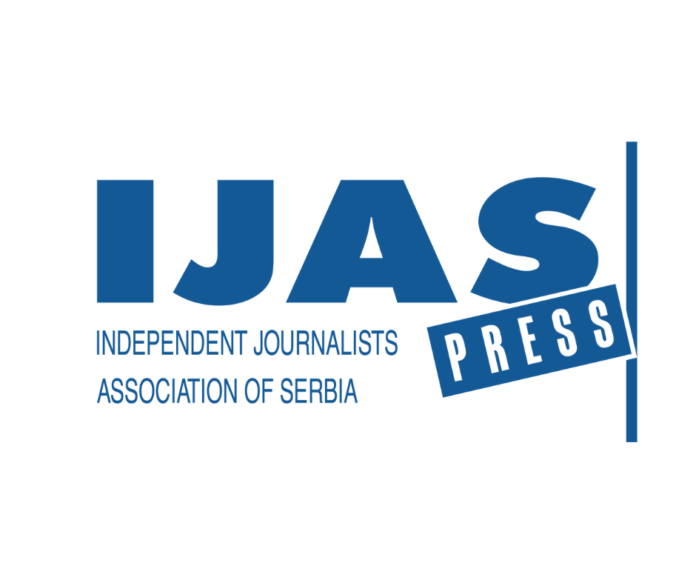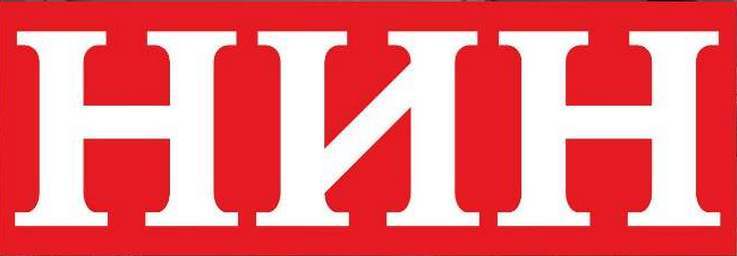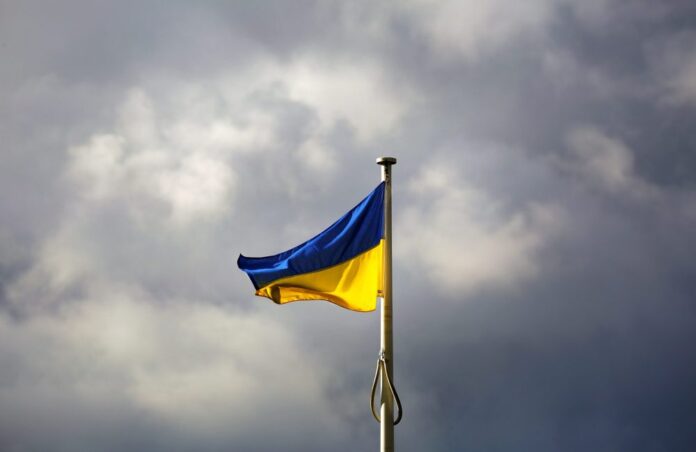According to the data on the Public Procurement portal, the Serbian state TV (RTS) last year spent a little over 77.8 million dinars (VAT inclusive) on advertising services (1 euro – 117 dinars).
Out of this sum, 36 million dinars was spent on adverting in print and online media, and 41.8 million dinars on advertising on billboards and lamppost banners.
Procurement for advertising services in print and online media was conducted through a negotiated public procurement procedure without publication of contract notice. It was divided into 13 batches, and the RTS knew exactly in which media it wanted to advertise, the Independent Journalists’ Association of Serbia (NUNS) said.
The rationale of this negotiated public procurement says that these services can only be provided by certain economic operators due to the “absence of competition for technical reasons,” which is in line with the Law on Public Procurement. However, the same Law stipulates that this rationale may apply “only when no reasonable alternative or substitute exists and the absence of competition is not the result of intention to unduly favor, or disadvantage a specific economic operator.”
Therefore, a negotiated procedure is conducted if there are undoubtedly no other bidders who could respond to a public call.
Since it was explicitly stated, in each of the batches, in which media outlets the RTS wishes to advertise, the question posed is whether there is an intention to favor certain media after all, because there are approximately two and a half thousand media outlets registered in Serbia.
The RTS said the Public Procurement Office issued it a positive assessment and that a number of criteria were used to decide in which media the public broadcaster would advertise. These include print circulation and number of visits for portals, projections of needs at the annual level in line with the budget, previously positive business experiences, adequate media responses to the needs of RTS and quarterly reports on visibility of advertising, the RTS said in its reply.
The conclusion that can be drawn is that the RTS conducted an internal procedure on the basis of the aforementioned criteria that could have been defined in a classical public procurement procedure.
The RTS, however, said that the Public Procurement Office had approved the conducting on the procedure without a public call.
Milos Djordjevic of Transparency Serbia told NUNS that the RTS defined the public procurement procedure in a way that no one but the media listed in the batches can submit bids, which means that these bidders had been given an advantage.
“The RTS simply decided to advertise in these media, that is, to award the money to them. Specifically, 13 media were selected and only companies that own these media can receive contracts for advertising. It is obvious that these are privileged media, because no one but them can come forward,” said Djordjevic.
Source: N1


